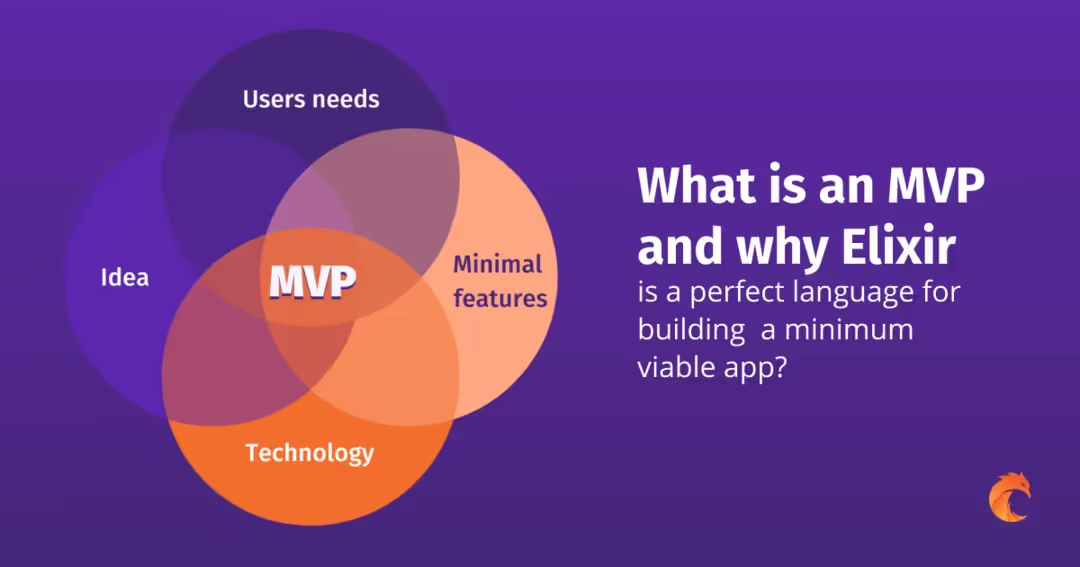A Software House or a Product Company? Which One is the Best Choice for a Developer to Gain Knowledge and Build Success?


The answer of a curious IT Recruiter. A lot of sites that give solutions to the dilemma of many developers - which type of company to choose. Most of those examples are from the CEO or a long-term employee perspective.
I have tried to understand the idea of this choice a little bit differently and focus on the well-being and developer side of things. Through many projects and challenges, I have talked with an abundance of programmers, developers, designers and co-founders from different markets. After that terrific experience, I created a small list of the pros and cons of those different businesses.
Small recap of what actually is a software house and a product company.
You probably won't find ready definitions of those phrases in a dictionary. That is because, in the world's markets, software houses are known as custom software companies, and a product company is more of an umbrella term.
Word of the day - Software house
Those mentioned first are created by a founder to form partnerships with different clients. They use various tools to build a product that their clients request. They usually specialize in some kind of technology that is specific to their team.
Word of the day - Product company
Those mentioned second are all of the businesses that have either their own product - for example, Google or businesses that provide other products or services and have their incorporated IT department - for example, for working on their site.
The pros of working in a software house.
There is an ongoing belief, that describes those businesses as a safe haven for Junior Developers and only that but believe me, it is so much more than that. There are a lot of pros in that business.
Quality of code
A software house is inherently full of product innovation, and its strategies are to partner with new clients. It is designed that way to have a platform for growth, and it is only natural that the quality of code has to be immaculate. Better quality of the product is a better code and a perfect opportunity to learn, experience and test your skills.
No slacking off on trends
There is a lot of knowledge to gain from the marketing world. One of the best solutions for the marketing team to succeed is to learn new trends and communicate them to new customers.
That focus on new trends is strongly utilized to create new and exciting products for customers by using many new technologies and features. If you want your product to induce engagement and have the easiest product adoption possible, then you cannot build your business with legacy technologies.
That is one of the biggest pros when working in the software house - only the newest solutions for users.
Building your portfolio
When deciding which company to join, you should take into account the possibilities of growth and how much new experience you can get in your day-to-day work.
While working on a product for a year, you can learn a lot and access many definitions of a growth word. You learn to specialize in one technology and take the best tips, tricks and knowledge from that platform. By the time the project is over, you definitely will feel like you have mastered the ability needed to build that product. After that, you will have the possibility to learn something different and play with the new product while building your experience on a bigger scale.
To the list of pros here, I could add that many firms consider the time in between projects totally your own, and you could use it to gain even more knowledge.
The pros of working in a product company.
Product companies are known for their focus on solutions and building long-lasting relations with investors and customers - that is why there can also be a lot of pros when you decide to work there.
Bigger budget
When you look for definitions of a product company in a dictionary - there is not much possibility of finding something that fits, but the best phrase that I could come up with is "A start-up that made it".
When you are working in a company that "made it", it is very common to have better pay than developers in a software house. That is because a well-managed product business is stable, and depending on the product created, it can be supported by only a few of the developers, so the money is not that tight.
Feedback from the world's users
The product of such companies has to be "alive" and not only "in the making". Thanks to this fact, the team that is currently creating or maintaining certain features can get instant feedback from users. They can describe to the rest of the team present issues with the work they are doing and plan for the future. All of this is possible only because of the platform that users can take advantage of.
If used correctly (CEO, founder or a partner of the company has to be on board with getting constructive feedback), pros like this can really give the company growth of unimaginable scale.
The cons of working in a software house
In Curiosum, we as a team strive to be the best and have as many pros as we can, but one of our core values is always transparency, and we are fully aware that there are some cons of working in the way we do.
People spread too thin
While working on a few different projects, the team that is working in the SH can be divided too much, and without a proper platform to share ideas and solutions, it can crumble. There are a lot of pros to having lots of various projects, but in the end, it is best to put your employees' need for collaboration first and ensure they can always support each other.
Side tip from an HR Specialist - it's a great plan to have somebody on board to balance out the division and help in the unification of the team. A person like this can create such a platform for cooperation and ensure a great point of entry for newcomers.
Higher margins less to distribute
Because of the structure of such companies, they have to put higher margins in place to ensure a fair distribution of wealth in the team. Of course, clients don't want to pay more if they don't have to. That is why from the pay point of view, software house cannot compete in some cases, but usually, it is not that much of a difference.
The cons of working in a product company
Betting on one horse
When it comes to the creation of such a company, it has to be good, and I mean really good. The percentage of successful product companies is a small drop in an ocean of failed ones. That is why you always have to be on the lookout for something that can disrupt the wheels turning. When all of your assets are invested in one project, you better hope it doesn't fall.
Possible legacy code
Because of the time needed to be invested in the creation of a big project, there is a pretty big possibility that by the time the product will roll out or reach a certain group of users, it can get old pretty fast. Some developers like to work on legacy projects, but it is always uncertain - you never know when it will be shut down, and you can sometimes feel like you do not learn anything new.
Harder point of entry
It is much harder to get into a product company, mostly because of the high level of experience such companies require you to have. Sometimes you can invest a lot of time and thought into the recruitment process only for it to not be worth it. However, if you feel that this specific type of company is something you strive to be a part of - then go ahead, do not even look at how hard the point of entry is - go for it.
But if you are looking for something to help you with different approaches and allow you to grow into something bigger, then it can be too hard of a challenge to try your luck with those businesses.
Summary of the list
As you may see, there are lots of angles and ways you can look into such an issue.
Of course, lots of pros are subjective, but those pros can help you determine if one way of your career is something you find interesting.
On the other hand, the cons can help you determine what to avoid in your future endeavours.
Are you interested...?
If you are reading this article, you are most likely before a big decision in your career, or you are about to get into the market, and you are wondering which way to go.
All in all, I would assume that it is a sign for you to dive deeper into this subject and try something new.
If you are curious, don't forget to check out our Curiosum page for some programmer content and check out our current offers.
We are always looking for curious people to join our team.
Remember to stay #BusyBeingCurious!
Ready to scale your business with the right tech partner?
Related posts
Dive deeper into this topic with these related posts
You might also like
Discover more content from this category
Why and how to prepare for the promotion of your application or SAAS system long before the premiere? Is the MVP stage a good moment to start marketing activities? How to promote your early-stage app and why you should do this?
You have an amazing idea for a new web or mobile app, but... Did you test it? If not, you should do that! To check if your idea is really valuable for your stakeholders - create an MVP (minimum viable product). What exactly is this?
SaaS has become one of the most popular business models of today's startups. According to annual statistics, the global SaaS market grows by 18% each year..





